DeAndre Brown says he was a career criminal. He started selling drugs on the streets of North Memphis at age 19, and by 28, he’d worked his way up the chain of command to head the operation. Brown says he was a nerd growing up. Despite having to navigate his mom’s crack use at a young age and commuting back and forth to rural Arkansas for grade school, he says he was a good student. He even got a full scholarship to Rhodes College and planned to become a doctor.
But there was a problem: He needed gas money to get him from his mom’s house in Raleigh to campus. Like so many growing up in poverty, Brown says he turned to illegal means to earn money because it was instant gratification.
 Justin Fox Burks
Justin Fox Burks
DeAndre Brown with participants of the LifeLine to Success program
He connected with guys in his neighborhood who were selling drugs out of the house next to his mom’s. “I saw the opportunity to make some quick money,” Brown says. “It looked easy for those guys to stand on the corner with some dope in their pockets and walk up to cars. So that’s what I did.”
Twenty-five years later, just a few miles from where Brown ran a drug operation for nearly a decade, he now sits in his office in a converted Frayser house. It’s where he’s run an ex-offender re-entry program called LifeLine to Success since 2009. Brown believes he’s an anomaly, because when someone — especially someone in poverty — gets into the criminal justice system, it’s hard to escape.
In the System
Josh Spickler, executive director of Just City, a Memphis organization striving to mitigate the damages caused by contact with the criminal justice system, says the system is “complicated and nuanced.
“It involves rules of court and rules of evidence,” Spickler says. “It involves laws. It involves procedure and so many things that you have to know to navigate it clearly and successfully.”
When someone in poverty is accused of a crime, those challenges are intensified, Spickler says. Wealth and poverty impact a defendant’s experience from pre-trial to post-conviction, and possibly forever.
“People in poverty have had a lot more trouble getting back to even in the criminal justice system,” Spickler says. “And people of means, who didn’t do anything too terrible, can usually buy their way back to even.”
When the poor are accused, they are appointed counsel, while “people of means and wealth have always had the ability to hire the best criminal defense lawyer. The appointment of counsel is probably the biggest differentiator.”
The country’s public defense system was established by the U.S Supreme Court’s 1963 Gideon v. Wainwright decision, which acknowledged the right for a state-appointed attorney under the Fourteenth Amendment.
 Chip Chockley
Chip Chockley
Josh Spickler
Spickler says this decision was a “great win for civil rights in America,” but “what’s followed has been anything but fully securing that right.” He says the indigent systems are an “afterthought” in many communities. Public defenders largely lack significant resources and investigative tools private lawyers have, such as expert witnesses, which Spickler says are especially important in serious matters.
“There are great public defender offices, and we have one right here in Memphis,” Spickler says. “But, as great as they are, they have bad circumstances. They’re representing 35,000 people with like 90 attorneys. You don’t even have to know much about the law to know you don’t want a lawyer with that many cases.”
The Shelby County Public Defender’s office currently has 90 full-time attorneys and handled more than 24,000 cases in 2018. Approximately 2 percent — $9.3 million — of the county’s general fund is allocated to the public defender’s office. Another $5.5 million comes from the state. The public defender’s office provided the numbers above, but declined to be interviewed further.
Another “glaring” issue, Spickler says, is pre-trial detention, which is solely meant to deter the accused from committing another dangerous crime or fleeing to avoid prosecution if released. “But the way we do that, in this community especially, is with money,” he says. “Based on a British system that’s centuries old, we decided a dollar amount is the answer to that problem.”
The idea, Spickler says, is if you have money on the line, you’re incentivized to return to court and to not commit another crime. “We put a price tag on it, but the fact is, money has nothing to do with it,” Spickler says. “With pretty high certainty, we can predict who comes back and who doesn’t come back and who reoffends.” Spickler says there is readily available data that should be used to assess people’s risk instead.
“But, we just say if you can pay this, you can get out, and if you can’t, you can’t,” Spickler says. “That has nothing to do with who’s risky and who’s not. In fact, if you have the means, you’re more of a risk. So why would we make it about money?”
Defendants who can’t make bail must remain behind bars until their trial date, which could be a year or more down the road. Building a defense takes participation from the accused, which is hard to give in jail, Spickler says.
“Strike two, if you’re poor, is that you have to make decisions about your case while you’re behind bars.” Most often, people in that situation enter a plea bargain, Spickler says.
“People are detained in cages before their guilt or innocence is determined,” he says. “They are desperate to get out. They don’t have the time or the resources nor the patience to build a defense in jail. Their incentive is to get out. A guilty plea is a better alternative.”
Pleading guilty means they now have a criminal record and, depending on the crime, still might serve additional time behind bars.
Permanent Punishment
Spickler says with a record, ex-offenders face “a myriad of challenges that are extremely insidious,” impacting all parts of life. Lawyers refer to this as “collateral consequences.”
“Collateral is a really bad word to use,” Spickler says. “It implies it’s an afterthought or not all that important, but it’s everything. Moving on after life within the criminal justice system is next to impossible for a lot of people, especially if you’re poor.”
 Justin Fox Burks
Justin Fox Burks
Beverleye Orr leads a LifeLine to Success class to help ex-offenders re-enter society.
One reason is expenses add up after incarceration, he says. “Every sentence passed down comes with a bill. A literal bill. Like a credit card bill.” Post-conviction court costs can range from hundreds to thousands of dollars. Spickler says Tennessee is “particularly bad” because the consequence for not paying them is drivers license suspension.
“The costs aren’t based on reality anymore,” he says. “They’ve added costs for this, costs for that. If you go down the list, it’s shocking the things we assess costs for. Things like building law libraries. It’s astounding the amount that can rack up for relatively minor offenses. If the crime is at all serious and there’s any jail time, then you can get into the thousands really quickly.”
Spickler says a lot of Tennesseeans have lost their licenses because of this law. “I’m talking about 40,000 to 50,000 Tennesseans who can’t move around legally.”
And if ex-offenders can’t drive, then they can’t get jobs to afford to pay their court costs, Spickler says. If they do drive in order to get a job and are pulled over and found guilty of driving without a license, then there’ll be more court costs to pay. “It just keeps going. For so many people, they can never pay it back.” As a result, people are locked out of the mainstream economy, housing, and educational opportunities.
“When we lock people out of the mainstream economy by taking away their drivers license or not hiring them because of prior history, we are steering them toward other means of supporting themselves,” Spickler says. “And some of those are criminal. At best, they’re underground and not paying taxes. But at the very worst, they’re heading toward a world where crime is lucrative and appealing. The cycle builds on itself pretty quickly.”
A big piece of Just City’s work is helping policy makers understand the full impact of their policies, Spickler says. “There are real consequences years and years later after criminal justice involvement,” he says. “Perhaps there should be for certain offenses, but for so many, even after they are released, damage unnecessarily continues to rack up. We have to turn that around.”
Spickler says these continuing consequences are anything but collateral. “Permanent punishment” is a better phrase for it, he says.
“When we pass laws dealing with people who’ve broken the law, it’s important to maintain a civil and safe society,” Spickler says. “But, we have to start thinking about how long we want the punishment to go on.”
A Lifeline
DeAndre Brown knows the struggle of re-entry all too well. Brown was incarcerated for the last time 14 years ago. In his first week of that 25-month-long prison sentence, Brown says he decided it was time to “try something different.
“Reality set in really quickly,” Brown says. “I made up my mind then to figure out a way to help other people be right.”
When he was released, Brown turned the janitorial service he once used as a front for his drug operation into a legitimate business. Brown says he and his family were doing well for about two years, until a hospital where his company was contracted to clean asked him to be a volunteer chaplain. When the hospital did a background check, his contract was terminated.
“The minute they found out I had a criminal history, they took the keys,” Brown says. “They told me I had to go.”
Brown says he, along with his wife and children, were homeless after that. Looking to support his family, he says finding a job was “out of the question.” So he returned to the idea that sparked in prison — finding a way to help others in his situation. Brown says the termination of the hospital contract was the impetus for starting LifeLine to Success.
Brown says many ex-offenders are stuck when they’re released, and finding an environment that’s conducive to positive living can be the initial challenge. “With drive and determination to prove the world wrong,” Brown sought to change that in Memphis.
Through classes, volunteer work, employment, and therapeutic group settings, the LifeLine to Success program teaches conflict resolution and basic life skills, with the goal of showing ex-offenders how to survive in the world without resorting to crime. Since 2009, 1,216 ex-offenders have completed the program.
“We have people who were living on the sidelines of life but now have the desire to be involved,” Brown says. “They’d wake up, sit on the porch, get high, and play video games, but now they want to be productive because they’ve tasted what real life can be like.”
Brown says the program takes in people with multiple offenses that are mostly violent. They often have low skills, minimal education, and some mental health issues. “We take the folks people run from and are afraid of and put them in a room together,” Brown says. “And it works. It’s all love.”
The program works similar to a gang, Brown says.
“We’re just flipping what we know works in the hood and turning it around into something positive,” Brown says. “We give them a culture, a color, and some lit — literature, I mean. Sorry, that’s the gang code.”
When participants start the program, they are not officially “on the team,” Brown says. But after they meet initial requirements, they receive a green T-shirt, indicating they’ve made the payroll. “The shirt makes grown men cry,” Brown says. “They’ve never really felt a part of anything and now they are and they didn’t have to get beat up to get in.”
The program’s mission is to change the perception of what it means to be a convicted felon to both the community and ex-offenders, and Brown believes “we’ve exceeded that mission.”
Over-Criminalized
The number of people brought into the criminal justice system and accused of crimes far surpasses that number from 40 years ago, Spickler says.
The Tennessee prison population is the largest it’s ever been. In 1990, the state prison population was 13,975, according to Tennessee Department of Corrections data.That number rose to 30,799 in 2018.
“We filled up our jails and prisons and our courtrooms,” Spickler says. “We’ve created so many more crimes. The criminal justice system has been grown to tackle a lot of things in society.” That’s why Just City advocates for a smaller criminal justice system.
“When we say smaller, we mean a smaller budget and less use of the system for problems it can’t fix. We have to depend less on the criminal justice system.”
Thomas Castelli, legal director for the American Civil Liberties Union (ACLU) of Tennessee agrees. He says, as a society, the country has over-criminalized certain behaviors.
“The government has the power to regulate certain conduct by citizens,” Castelli says. “There’s all different ways to do that, but the most extreme is to criminalize that conduct. We have a tendency when we don’t like something and want to discourage it, to make it a crime.”
For example, Castelli says in Tennessee it’s a crime to drive with a suspended license. He says in some cases it might be warranted, but in thousands of cases, people just can’t afford to renew it. “So we criminalize that instead of finding a civil way to handle it.”
Castelli also says “we’re really bad at understanding motivations for criminal conduct like mental health or addiction.”
Typically, people in poverty have less access to health insurance and quality health care and are more susceptible to addiction and mental health issues, he says. This means they are also more likely to enter the system.
“Our criminal justice system is kind of a hammer,” Castelli says. “The solution is you get tossed into the system. Sometimes that’s the only way for people to actually get treatment.”
Castelli says Tennessee should consider pre-booking diversion programs, which allow people to enter treatment programs to address mental health or addiction without “getting sucked into the whole court system.” This is a way to address those underlying causes of criminal behavior before you get involved in the criminal justice system on an ongoing basis, Castelli says.
“We can do better at identifying those causes before people are arrested,” he says. “Instead of arresting them, get them in the programs trying to make an effort to address these issues. See if that works before we start using criminal laws as the cure-all.”
System Overhaul
Addressing the various issues with the criminal justice system will take a holistic approach, Castelli says. “Multiple things need to be fixed. Some things need to be scrapped and reinvented. It’ll take a lot of laws.”
Castelli says there are “a lot of moving parts” in the criminal justice system: “There’s no one part we can fix and say, ‘There, it’s done.’ Some of it goes beyond the justice and legal system and relates to public health and wealth equity.”
There is a role for every level of government to play in addressing the issues, he says, but the “heaviest lift lies with the state.” Local governments can do certain things like diversion programs, while the federal government can provide funding or create initiatives affecting federal criminal law.
“The state sets the majority of the criminal laws and what the punishments for them are,” he says. “They’re the ones who authorize these fees and costs. It’s a state law that takes away drivers licenses, sets fees for appointed counsel, and takes away people’s voting rights. These are all fixes that have to come from the state.”
Castelli says with Tennessee Governor Bill Lee entering his second year in office, “it will be interesting to see whether the governor has any initiatives to address some of these issues.”
In May, the governor, who has been vocal about criminal justice reform, signed a law removing the fee for ex-offenders to have their criminal record expunged. Lee said last month the move is an effort to remove the barriers to finding employment many face upon re-entry.
“We need to remove those obstacles for those who’ve served their sentences and paid the price for their crime,” Lee said. “We need to remove obstacles to make it easier for them to re-enter. I think anything we can do to remove a barrier for someone who has re-entered or is in the process of working, trying to get their feet back under them, trying to be a taxpayer, instead of a tax taker, we improve their success rate, and expungement fee reductions will improve that process.” Lee’s office did not respond to the Flyer‘s inquiry for additional comment.
“At the end of the day, what we’re doing is taking away someone’s liberty,” Castelli says. “The most crucial civil right you have is your liberty and your right to live free and not be incarcerated. The consequences are huge.”
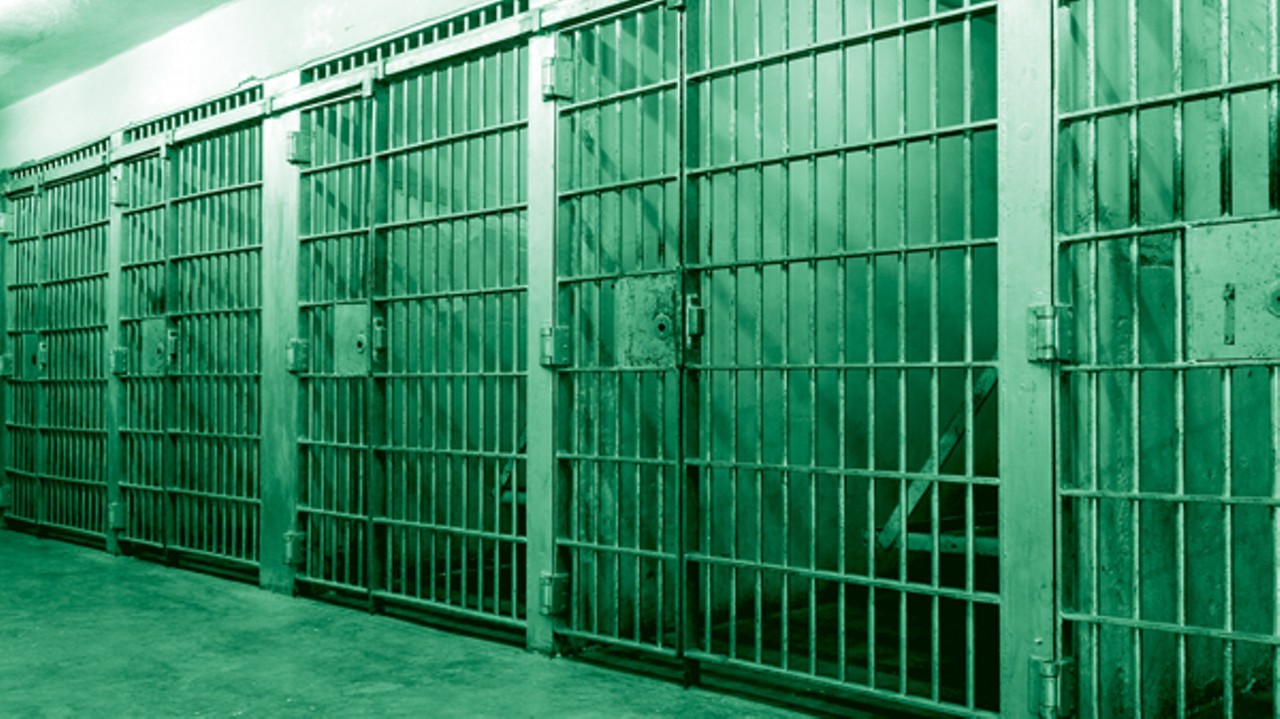
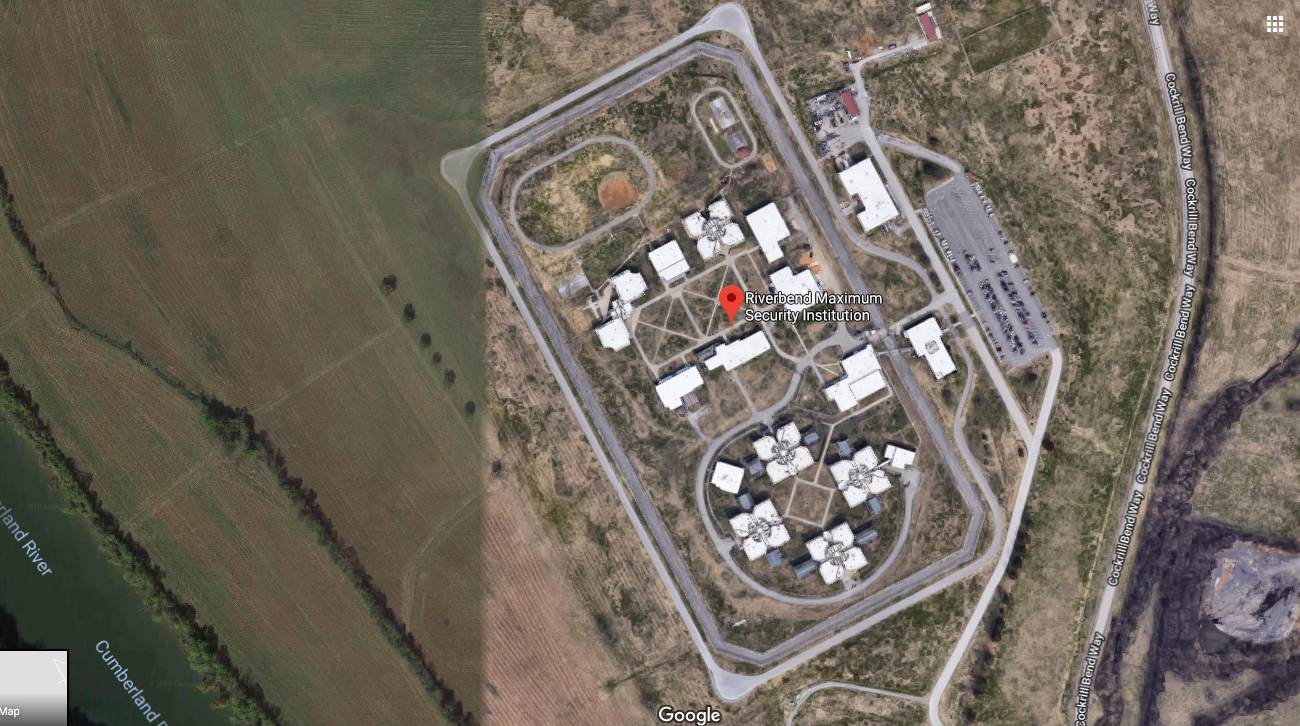 Google Maps
Google Maps  Shelby County Sheriff’s Office
Shelby County Sheriff’s Office 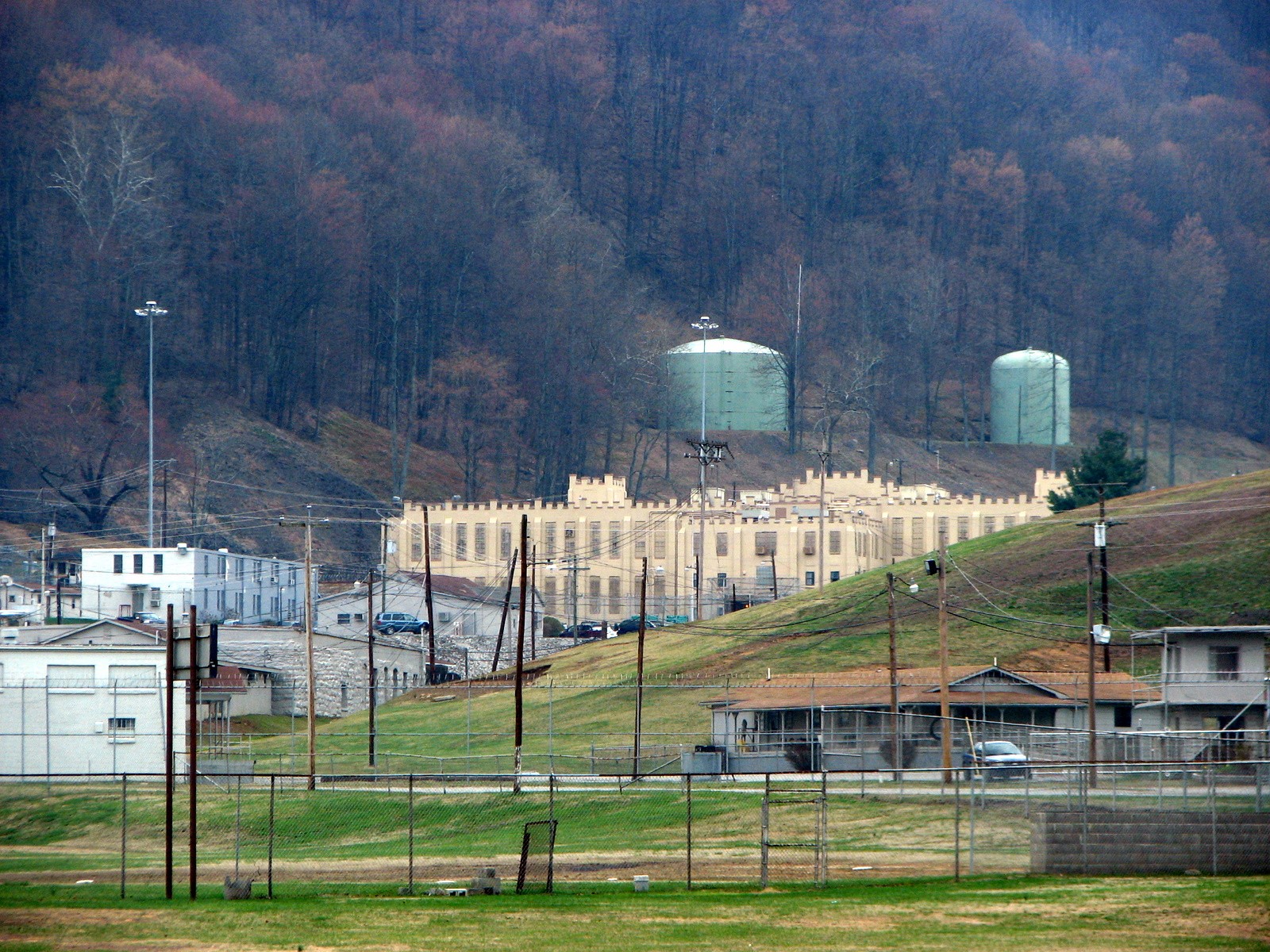
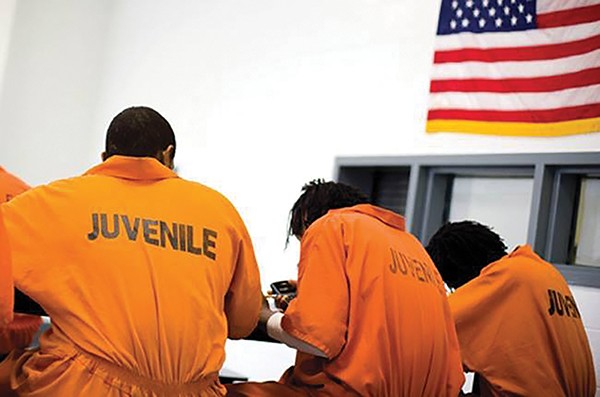 Countywide Juvenile Justice Consortium
Countywide Juvenile Justice Consortium 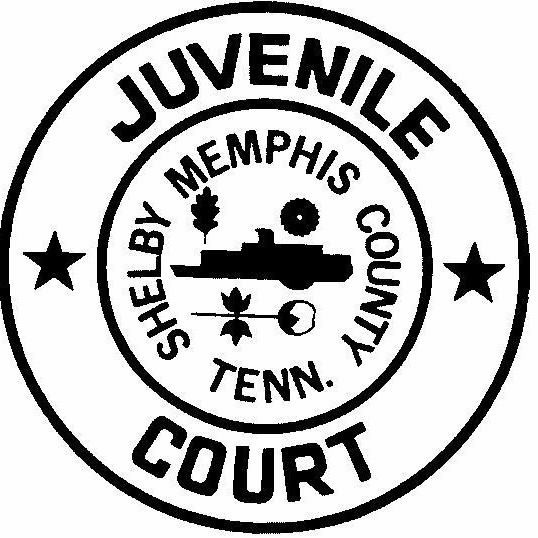 Shelby County Juvenile Court/Facebook
Shelby County Juvenile Court/Facebook  Just City
Just City  Toby Sells
Toby Sells  Memphis Shelby Crime Commission
Memphis Shelby Crime Commission 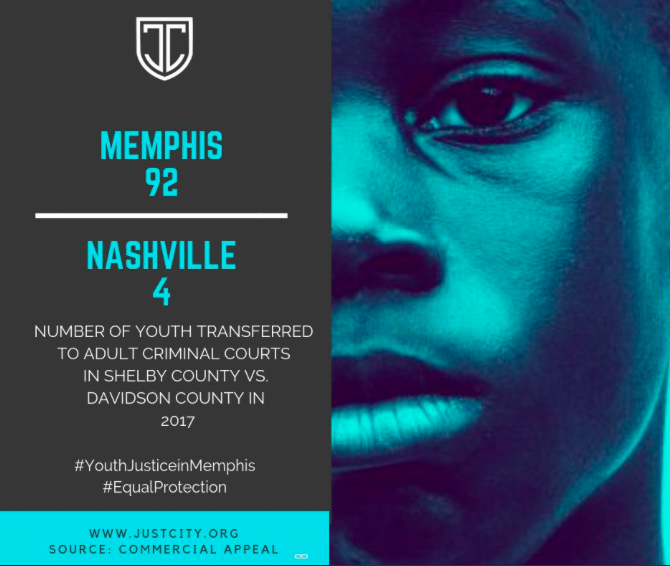 Just City
Just City 
 Justin Fox Burks
Justin Fox Burks  Chip Chockley
Chip Chockley  Justin Fox Burks
Justin Fox Burks 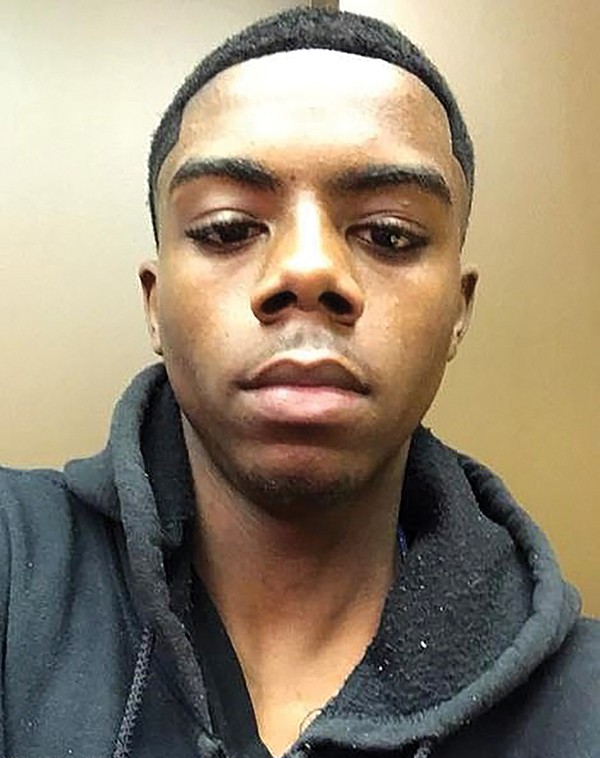 Facebook
Facebook 
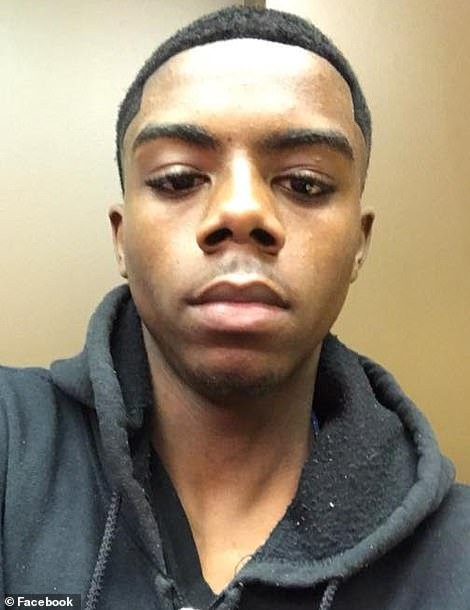 Facebook
Facebook 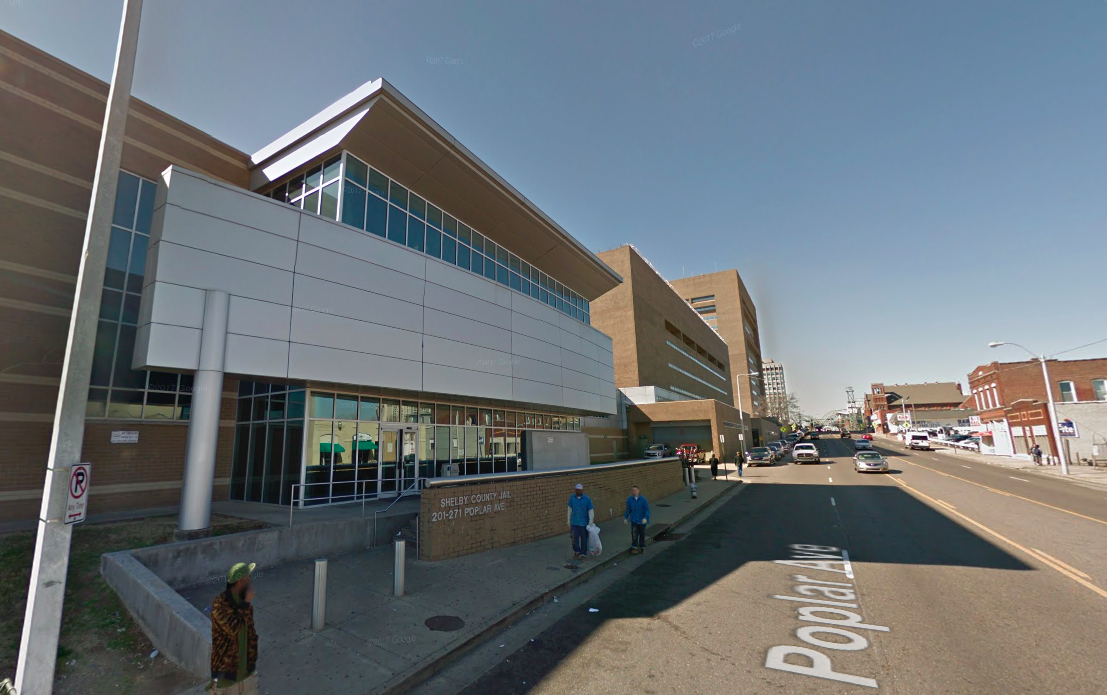 Google Maps
Google Maps  Shelby County Sheriff’s Office
Shelby County Sheriff’s Office  Shelby County Sheriff’s Office
Shelby County Sheriff’s Office 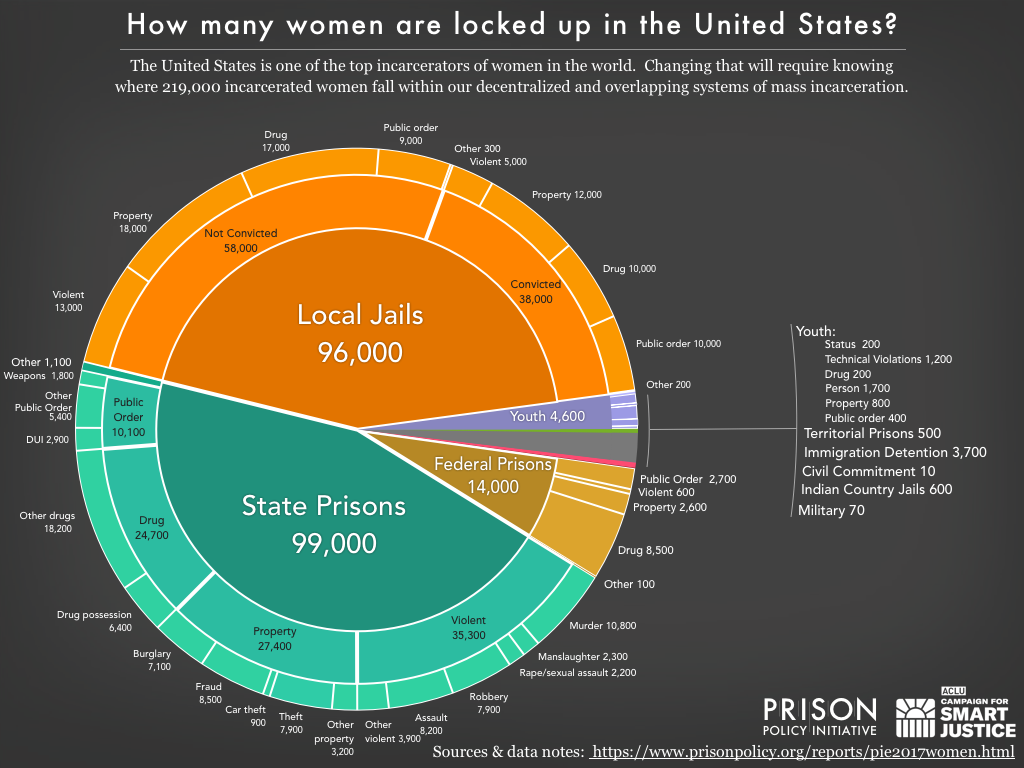 Prison Policy Initiative
Prison Policy Initiative 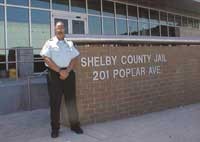 Shelby County Sheriff’s Office
Shelby County Sheriff’s Office  tn.gov
tn.gov 
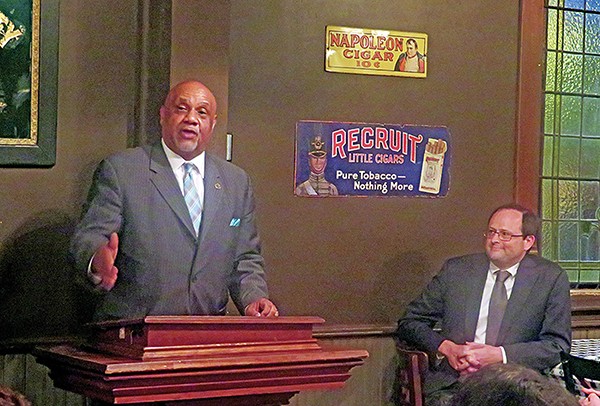 Jackson Baker
Jackson Baker